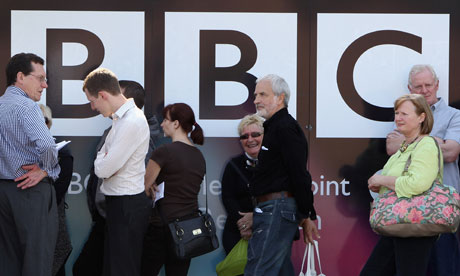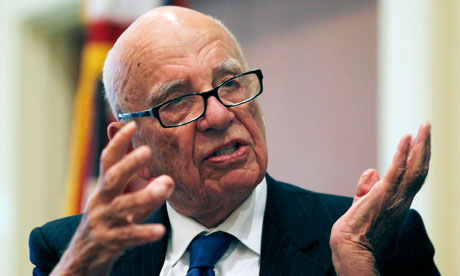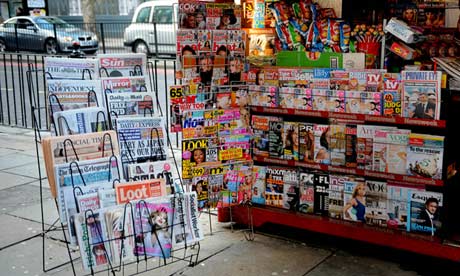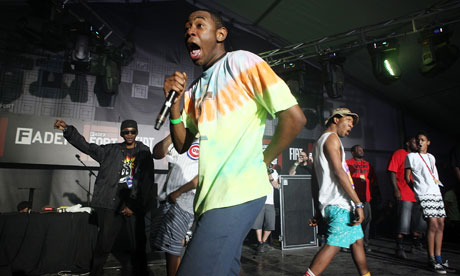News Corp's publishing arm to focus on losses at Times and Sunday Times
http://www.guardian.co.uk/media/2012/dec/07/news-corp-slashing-losses-times
What is it about?
Slashing losses at the Times and Sunday Times, running at an estimated £1m a week, is to be a priority for News Corporation's soon-to-be separated publishing division – although any efforts to tighten integration between the two titles is likely to require a loosening of the undertakings given by Rupert Murdoch when he bought the newspapers.
What do I think?
I think that newspaper are going into decline as there are many losses and having to cut editor's jobs etc... I thought this day would happen but not with the big name newspapers, Sunday times is a prime example. It just shows that New and Digital media is taking over
Sunday Times's circulation falls below 900,000 for the first time
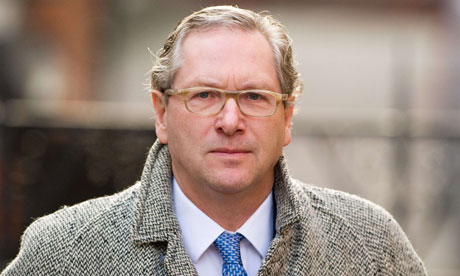 http://www.guardian.co.uk/media/2012/dec/07/sunday-times-circulation-falls
http://www.guardian.co.uk/media/2012/dec/07/sunday-times-circulation-falls
What is it about?
Sunday Times' circulation has fell by 1% month on month from November and now they are below the 900,000 sales mark for the first time. This article discusses the statistics of Guardian, Sunday Times and others about their losses. The Sunday Times has been giving free newspapers in order to help the circulation of sales.
What do I think?
I feel the same about the first article. I still find it shocking that these newspapers are going into decline. It's all becoming very desperate as these are people jobs, that are at jeopardy and it's already hard to get jobs these days.
UK newspaper advertising facing bleak forecast for 2013
What is it about?
The ailing UK newspaper advertising market is set to get even worse next year with national titles forecast to face an almost 9% decline that will see display revenue fall below £1bn for the first time. The market is set to get worse, with *Group M's prediction back in the summer of a 5% year on year fall in 2013 now downgraded to an 8.6% decline. So basically, all newspapers are coming into a decline and it's going to get worse in 2013.
*Group M is WPP's media buying division.
What do I think?
I think that it's unlucky that newspapers are coming to a decline. But I knew this would happen as EVERYTHING is turning digital. Even BOOKS are turning digital... So that's when I knew newspapers have no chance. Not many people are going to buy newspapers on-line through subscriptions. Reasons because there are free on-line sources available, mostly through social networks. Also there's still news on television that people can refer to.
The ups, downs and ups of BBC News online
What is it about?
This chart shows how global traffic to BBC News online has grown, alongside some key technological milestones.
What do I think?
